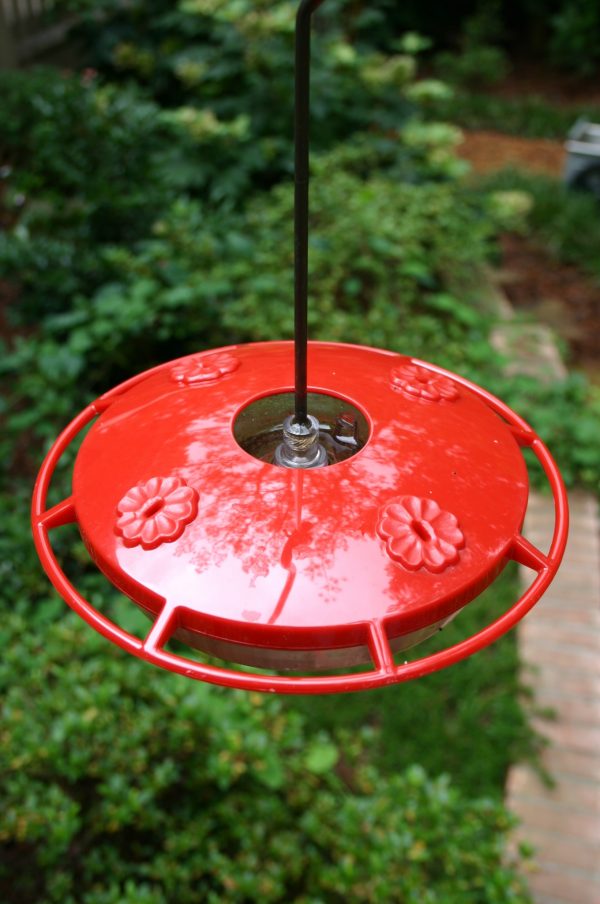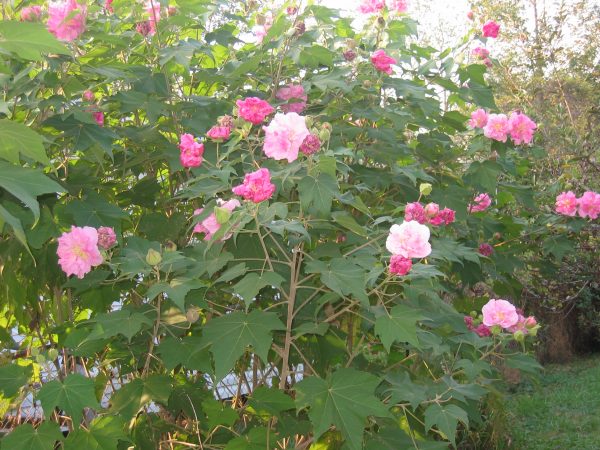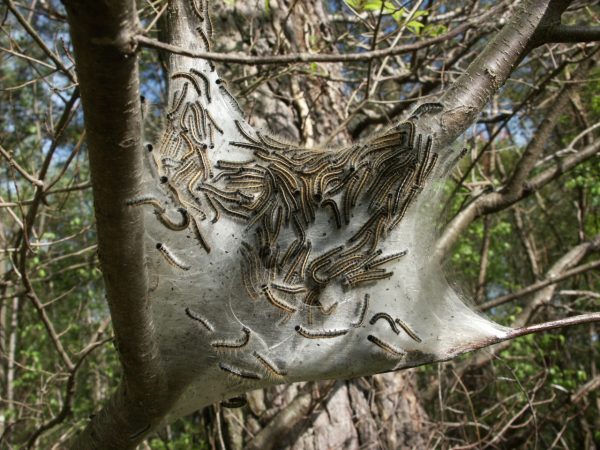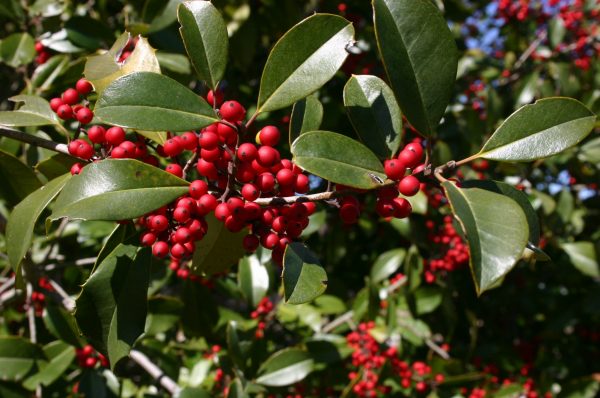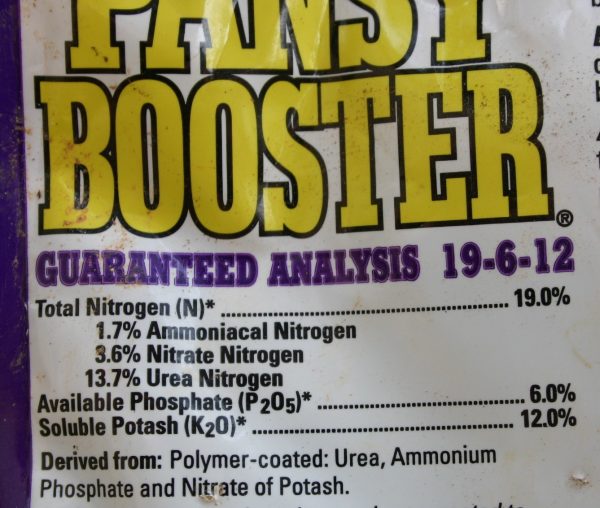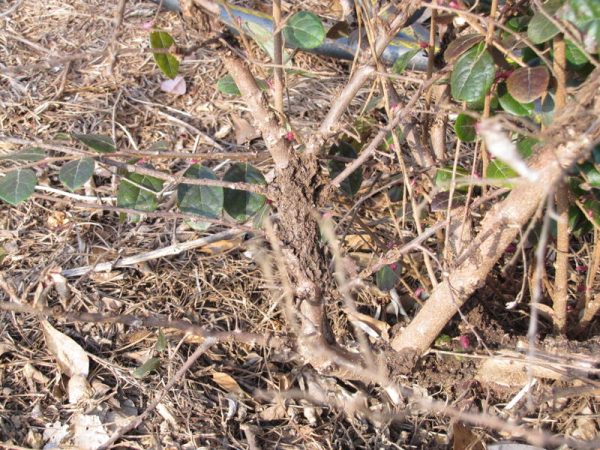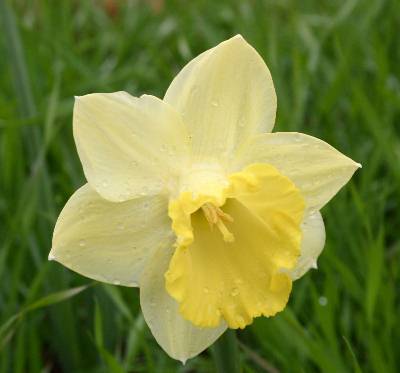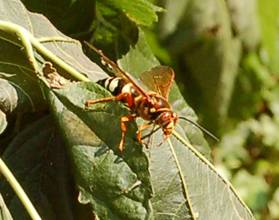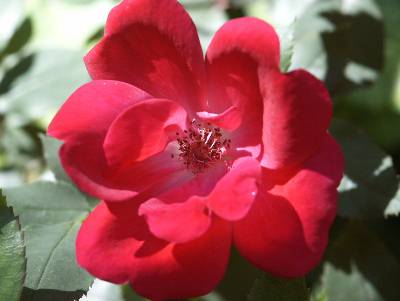Juniper – Phomopsis tip blight
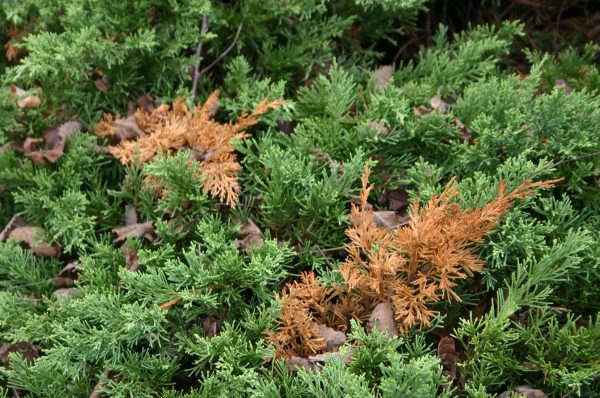
Q: I’m in a panic because my junipers are dying. The tips of the branches turn brown. This quickly turns into a very dead branch and so on and so on. I don’t see any noticeable insects.
A: Phomopsis tip blight is a common disease of junipers during rainy summers. It occurs on the tips of branches, where the youngest foliage is located. Affected foliage first turns dull red or brown and finally ash-gray.
Control is two-fold:
1. Prune out all dead tips and remove them from the landscape. Keep foliage dry. Do not irrigate junipers except when initially planted.
2. Spray copper-based fungicides (Hi-Yield Copper Fungicide, Kop-R-Spray, etc), thiophanate-methyl (Green Light Systemic Fungicide ), or Maneb at ten-day intervals during rapid plant growth in the spring.
There are several other juniper diseases. Check out Common Diseases of Juniper in Alabama for other chemical strategies.
Truth be told, juniper is typically disease-free when young, when the foliage is open and airy. As the plant ages, the foliage gets denser and holds more moisture and humidity, encouraging disease if the plant is weakened by poor drainage or shade. Prune in winter to create an open look…never shear the plant.
Many times, prompt removal of dead limbs is a great way to discourage disease.

juniper dead branches
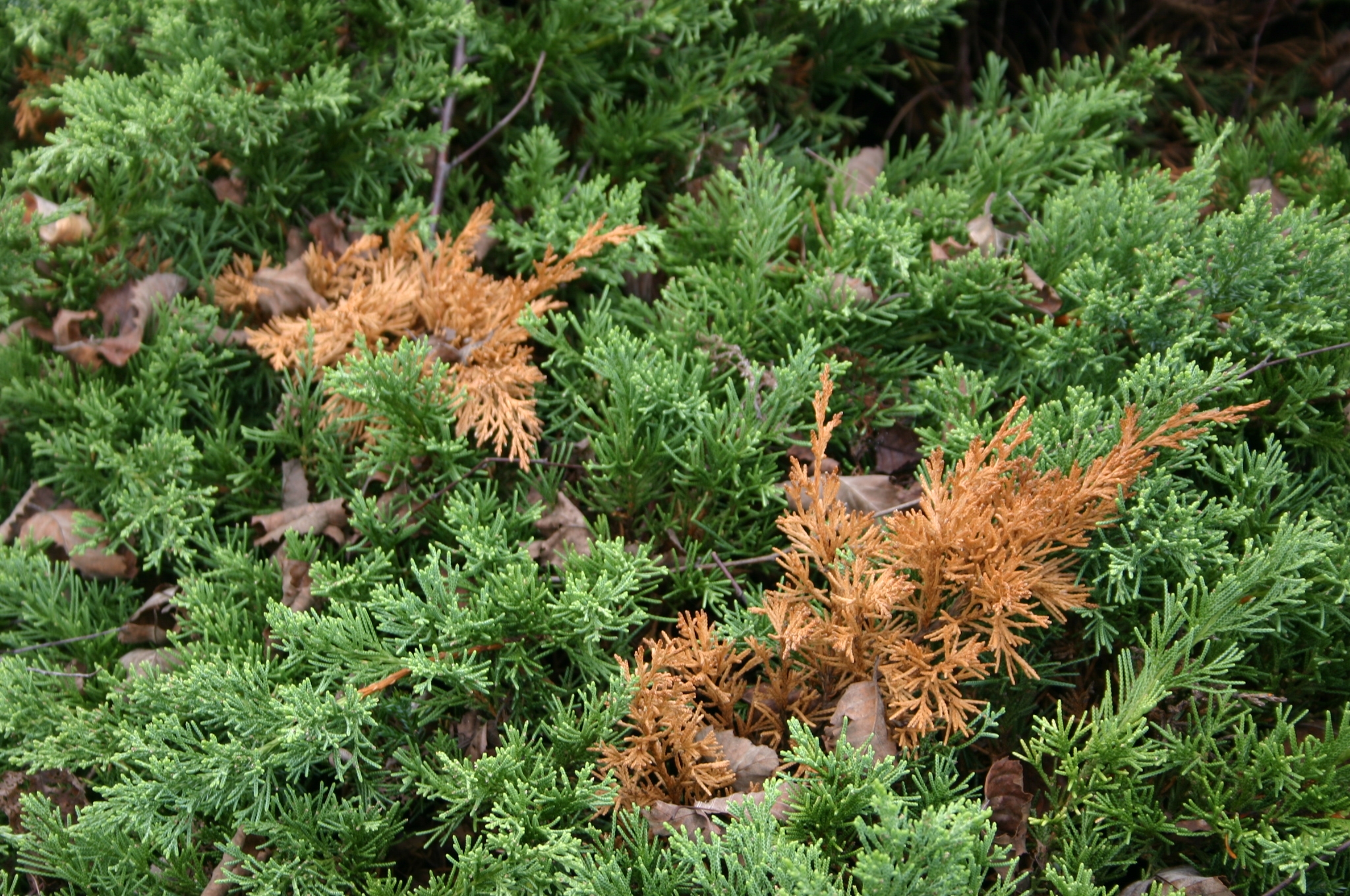
juniper dead branches



